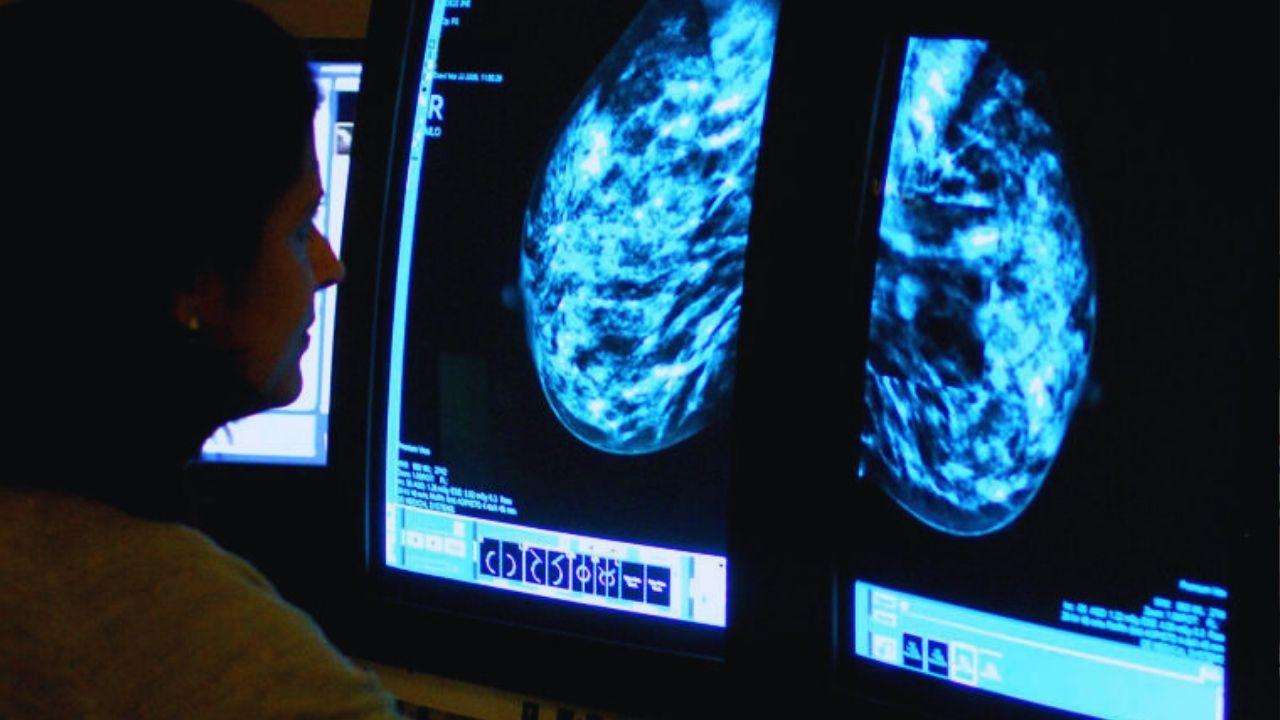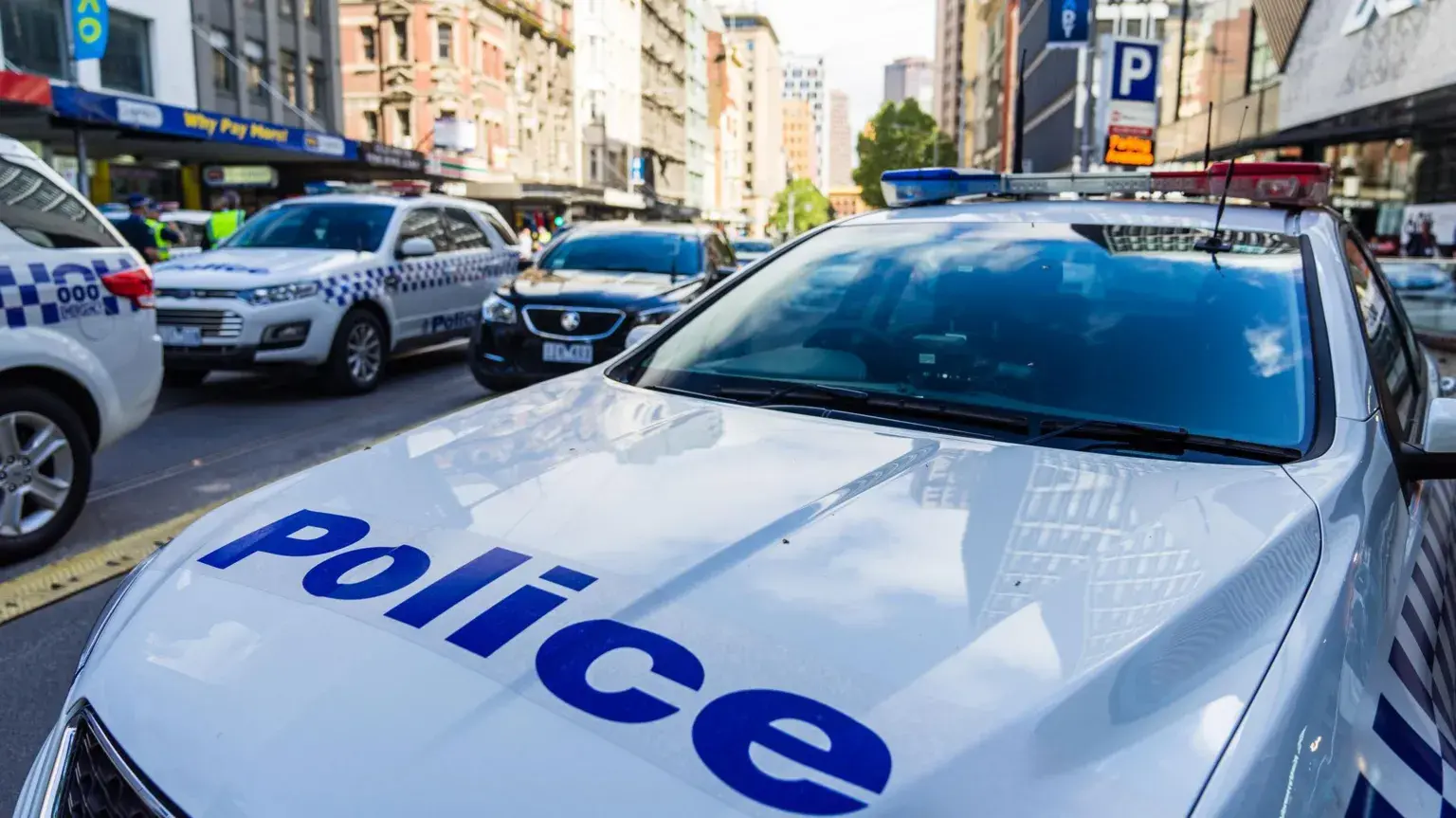More women in Tower Hamlets have undergone breast cancer screenings, according to new figures.
A breast cancer charity has welcomed the rise in screening rates across England but emphasized that more work is needed to save lives.
The increase follows NHS England’s first national breast screening awareness campaign, aimed at encouraging more women to attend life-saving mammograms for early cancer detection.
NHS England data shows that 9,828 women aged 53 to 71 in Tower Hamlets had a breast screening in the three years leading up to March, an increase from 8,696 in the previous period.
This means that 50.5% of eligible women in the borough were screened, up from 46.1% in the preceding three years.
Women in the screening age range who have not had a bilateral mastectomy are eligible for the program.
Nationally, 70% of the 6.6 million eligible women were screened in the same period, an increase from 66.4% in the previous cycle.
The NHS offers routine breast screenings every three years to women aged 50 to 71 who are registered with a GP in England. NHS England’s goal is for 70% of invited women to attend screenings.
In the year leading up to March, 70% of 2.5 million invited women underwent screening, marking the first time the target had been met since 2018-19.
Claire Rowney, chief executive of Breast Cancer Now, credited the achievement to the dedication of NHS breast screening staff but stressed the need for continued efforts to improve screening rates.
She noted that various factors contribute to low screening uptake and praised NHS England’s new campaign, which focuses on first-time invitees and areas with historically lower participation.
Professor Kamila Hawthorne, chair of the Royal College of GPs, highlighted the life-saving impact of the NHS breast screening program and welcomed the increase in participation since 2021.
However, she emphasized the importance of identifying and addressing barriers to screening to ensure more cases are detected and treated early. She encouraged women with concerns about mammograms to consult their GP.
The data also revealed that 16,677 women aged 45 and over were diagnosed with cancer through screening in the past year, equating to 8.5 cases per 1,000 women screened—slightly down from 18,942 cases and a rate of 8.7 per 1,000 in the previous year.
Michelle Kane, director of screening at NHS England, said it was encouraging to see more women taking up their screening invitations but acknowledged that further efforts were needed to reach more eligible women.
She added that the NHS awareness campaign aims to dispel myths and concerns surrounding mammograms, stressing that increased participation could lead to earlier cancer detection and save thousands of lives.


_7.jpg)

_8.jpg)



.svg)


